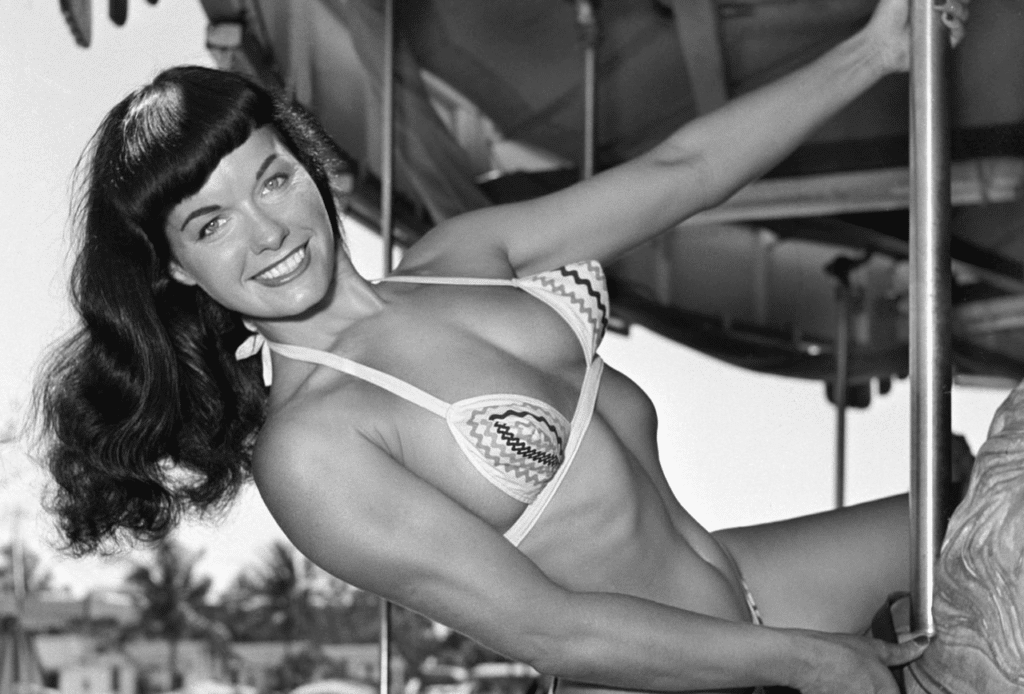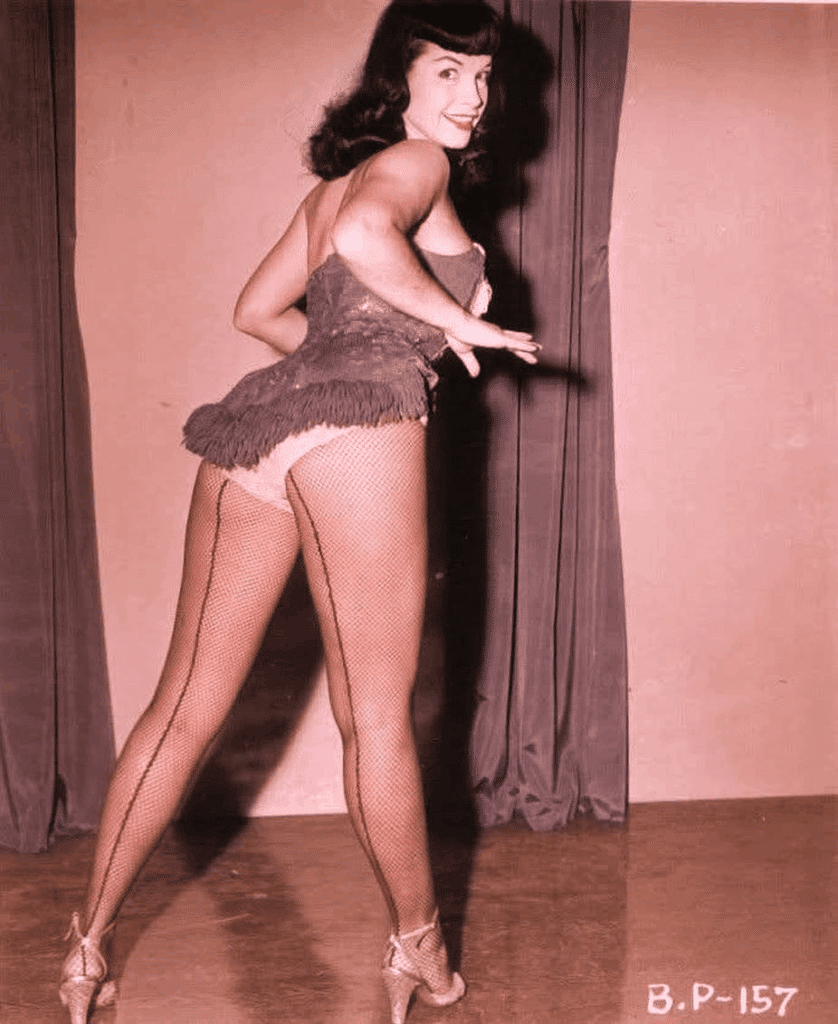Few figures in American pop culture have left as enduring a mark as Bettie Page. Known as the “Queen of Pinups,” Bettie captured the imagination of the 1950s with her jet-black hair, trademark bangs, and a playful mixture of innocence and seduction. More than just a model, she became a cultural icon who influenced fashion, sexuality, and art long after she disappeared from the spotlight. Remembering Bettie Page is not just about looking back at glamorous photographs, but also about reflecting on her legacy and the surprising resilience of her story.

The Rise of a Pinup Queen
Born in Nashville, Tennessee, in 1923, Bettie Mae Page came from humble beginnings. She had dreams of becoming an actress and, after moving to New York in the late 1940s, she was discovered by amateur photographers while walking along Coney Island. What began as small modeling sessions soon turned into a thriving career.

By the early 1950s, Page became one of the most photographed women in America. Her pinup photos appeared in men’s magazines, calendars, and postcards, often portraying her in playful, cheeky poses. Unlike many models of the era, Bettie stood out for her natural beauty, effortless charisma, and ability to appear both girl-next-door sweet and daringly provocative. Her iconic bangs and infectious smile set her apart, giving her an instantly recognizable look that remains popular to this day.

Controversy and Censorship
Bettie Page was also at the center of controversy during a time when America’s moral standards were shifting. Her work with photographer Irving Klaw, which included playful bondage and fetish imagery, attracted the attention of government officials. At the height of her fame, Bettie was summoned to testify before the Kefauver Senate hearings on juvenile delinquency. Although she was never accused of wrongdoing, the spotlight of controversy weighed heavily on her career.
Despite these setbacks, Bettie’s photos never crossed into vulgarity. Instead, she embodied a balance of teasing sensuality and wholesome charm. This ability to walk the line between provocative and playful became part of her unique allure.

Disappearance and Rediscovery
By the late 1950s, Bettie Page abruptly left modeling and retreated from public life. She converted to Christianity, worked as a secretary, and eventually vanished into near obscurity. For decades, her whereabouts were a mystery, and fans speculated about what had become of the famous pinup queen.
Then, in the 1980s and 1990s, Bettie Page experienced an extraordinary resurgence. Artists such as Olivia De Berardinis, comic creator Dave Stevens (who used her likeness for the character in The Rocketeer), and countless musicians and fashion designers drew inspiration from her image. Suddenly, Bettie was everywhere again—on posters, t-shirts, tattoos, and in popular culture references. This revival reintroduced her to a new generation who saw her not only as a symbol of 1950s glamour but also as a pioneer of sexual freedom and alternative fashion.

Legacy and Influence
Bettie Page’s influence is visible across fashion, music, and media. Her signature look—the black bangs, high-waisted lingerie, and playful poses—continues to inspire models, burlesque performers, and designers. Celebrities from Madonna to Katy Perry have channeled Bettie’s aesthetic, and her image has been reinterpreted in countless ways.
Beyond style, Bettie represents a shift in cultural attitudes toward female sexuality. At a time when women were expected to conform to conservative ideals, she celebrated her body with confidence and joy. Today, she is often remembered as a woman ahead of her time, embodying a freedom that challenged mid-century norms.

Remembering Bettie Page Today
Bettie Page passed away in 2008 at the age of 85, but her legacy remains stronger than ever. She is remembered not just as a pinup, but as an enduring symbol of individuality, empowerment, and playful rebellion. In many ways, Bettie was both timeless and trailblazing—an icon whose images continue to spark fascination decades later.

Remembering Bettie Page is more than nostalgia. It is a reminder of how one woman, with charm and courage, reshaped ideas of beauty and left a cultural imprint that refuses to fade.




